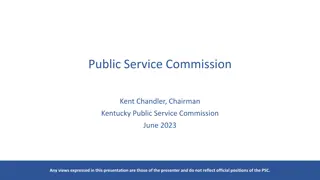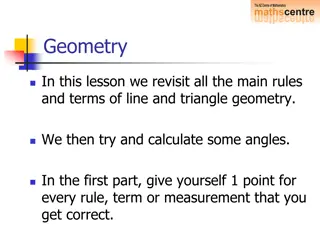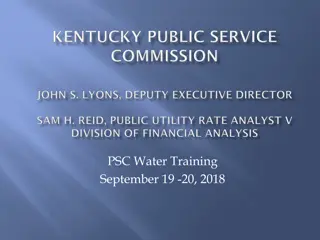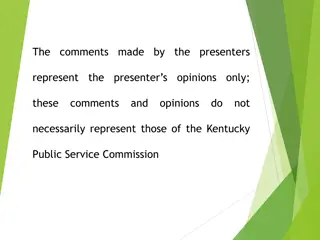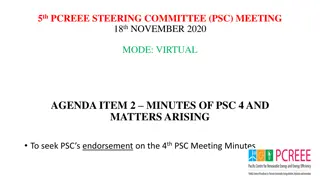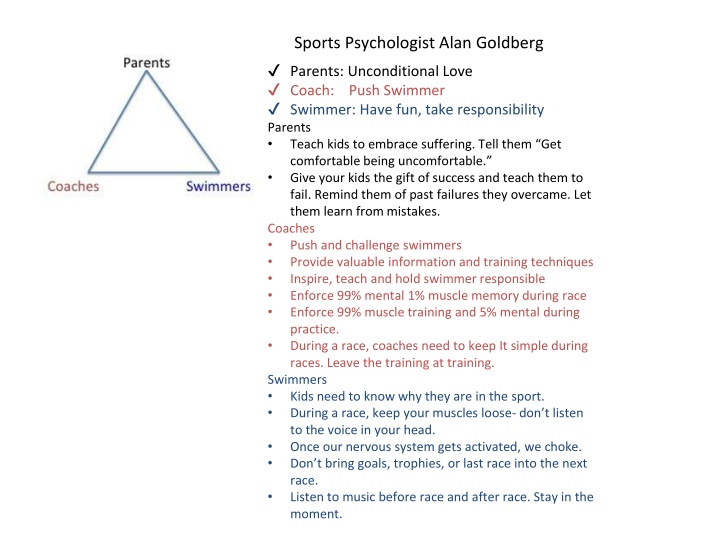
Maximizing Swimming Performance: Insights from Sports Psychologist Alan Goldberg
Explore valuable insights from sports psychologist Alan Goldberg on optimizing swimming performance. Learn about parental support, coaching techniques, and strategies for swimmers to enhance their mental and physical capabilities for success in the pool.
Download Presentation

Please find below an Image/Link to download the presentation.
The content on the website is provided AS IS for your information and personal use only. It may not be sold, licensed, or shared on other websites without obtaining consent from the author. If you encounter any issues during the download, it is possible that the publisher has removed the file from their server.
You are allowed to download the files provided on this website for personal or commercial use, subject to the condition that they are used lawfully. All files are the property of their respective owners.
The content on the website is provided AS IS for your information and personal use only. It may not be sold, licensed, or shared on other websites without obtaining consent from the author.
E N D
Presentation Transcript
Sports Psychologist Alan Goldberg Parents: Unconditional Love Coach: Push Swimmer Swimmer: Have fun, take responsibility Parents Teach kids to embrace suffering. Tell them Get comfortable being uncomfortable. Give your kids the gift of success and teach them to fail. Remind them of past failures they overcame. Let them learn from mistakes. Coaches Push and challenge swimmers Provide valuable information and training techniques Inspire, teach and hold swimmer responsible Enforce 99% mental 1% muscle memory during race Enforce 99% muscle training and 5% mental during practice. During a race, coaches need to keep It simple during races. Leave the training at training. Swimmers Kids need to know why they are in the sport. During a race, keep your muscles loose- don t listen to the voice in your head. Once our nervous system gets activated, we choke. Don t bring goals, trophies, or last race into the next race. Listen to music before race and after race. Stay in the moment.
Be in the moment during a race. During training, goals are critical. To get good you have to be willing to move toward discomfort. Its like watching a movie. Go into a different consciousness. You aren t thinking at the movies, Oh look at the way they use the camera. No, you are in a zone. Stay in that zone while swimming. Feel your swimming. Grab water, keep head quiet, count stroke count. At a race, you have to be relaxed. Don t make it so serious. Play, have fun, relax. Trust muscle memory at race Pre-performance ritual focus on stretch of left, then right leg, breath. Biggest mental mistake is at wall turn you can lose focus when you see another swimmer turning. Don t look around before a race and compare yourself to other swimmers. Don t take the race you swam into the next race. Races are lost before you start if you stand behind the block with all these thoughts. Shift focus to what you are doing in the moment. Don t measure success by dropping time. It s about the long term process. Don t focus on the uncontrollable. No focus on time, especially other people s time. Go slow when you think Go fast when you feel
1. Big enough Why 2. Get comfortable being Uncomfortable 3. Awareness 4. Focus 5. The problem isn t the problem, the problem is how you react. 6. If it is to be, it is up to me. 7. Fail enough 8. T.A. (ask your swimmer the answer to this) take action
Performance and Your Brain Front Brain Mid B Hind Brain Thinking Emotion Knowing Front Brain Conscious Words/Sentences Break into Parts Judgmental SLOW!! Hind Brain Unconscious Images/Muscle Memory Coordinates Whole Non-Judgmental Instantaneous!!!!!
Concentration + Performance Choking/Bad Performance In Your Head Over-Thinking Race Focus Thoughts 1. Distracts From Life Time Bests In the Experience Very Little Thinking Race Focus FEEL Loose Muscles No Expectations Trust + Let it Happen GAS PEDAL Fast Focus 2. Generates Nerves Tight Muscles Expectaions Try Too Hard/Tentative BRAKE PEDAL
Races Are Won/Lost Before The Start Mind Body Performance
ULs NERVOUSNESS MUSLE TENSION NEGATIVE THINKING/ DOUBTS INCREASE CONFIDENCE DECREASES PERFORMANCE INCREASES INCREASES






